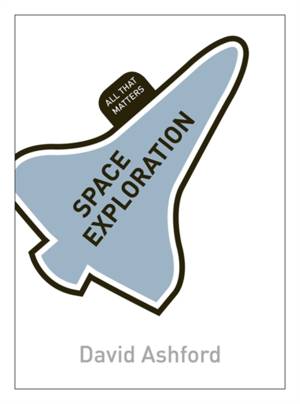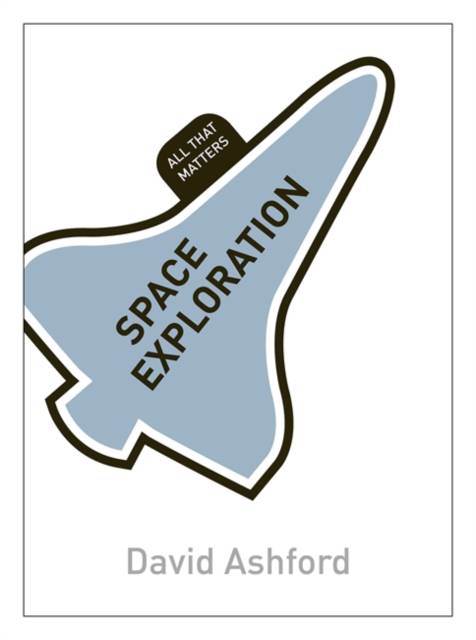
- Afhalen na 1 uur in een winkel met voorraad
- Gratis thuislevering in België vanaf € 30
- Ruim aanbod met 7 miljoen producten
- Afhalen na 1 uur in een winkel met voorraad
- Gratis thuislevering in België vanaf € 30
- Ruim aanbod met 7 miljoen producten
Zoeken
€ 12,95
+ 25 punten
Uitvoering
Omschrijving
Amid a century devastated by war, space exploration was perhaps mankind's greatest achievement of the twentieth century. Yet remarkably, in a world where most technology progresses constantly, space exploration appears to have gone backwards. Man has not returned to the moon since 1972; the space shuttle programme has finished and not been replaced; much-vaunted promises of space tourism have not become realistic. In this remarkable book, David Ashford looks back at the story of space exploration, identifying the factors that were a driving force behind the eye-catching programmes of the cold war, and showing how now new driving forces are needed. Using his own extensive experience as a practitioner and researcher of space exploration, Ashford then outlines a new, realistic roadmap for achieving the new space age soon and at an affordable cost. This accessible and readable book will appeal both to students and general readers, giving a fascinating introduction to space exploration - and what matters most about it.
Specificaties
Betrokkenen
- Auteur(s):
- Uitgeverij:
Inhoud
- Aantal bladzijden:
- 160
- Taal:
- Engels
- Reeks:
Eigenschappen
- Productcode (EAN):
- 9781444183832
- Verschijningsdatum:
- 26/07/2013
- Uitvoering:
- Paperback
- Formaat:
- Trade paperback (VS)
- Afmetingen:
- 124 mm x 175 mm
- Gewicht:
- 158 g

Alleen bij Standaard Boekhandel
+ 25 punten op je klantenkaart van Standaard Boekhandel
Beoordelingen
We publiceren alleen reviews die voldoen aan de voorwaarden voor reviews. Bekijk onze voorwaarden voor reviews.











